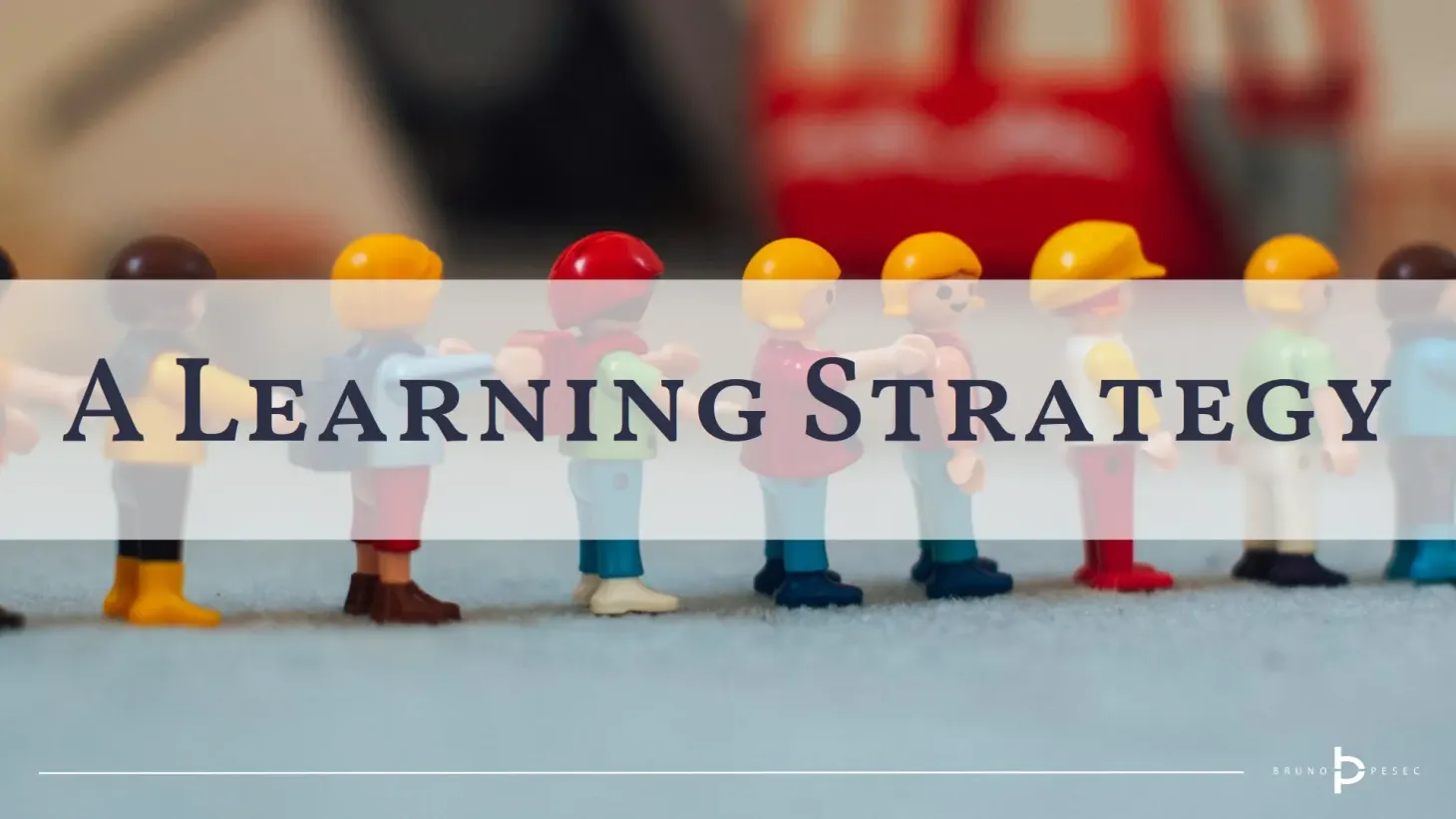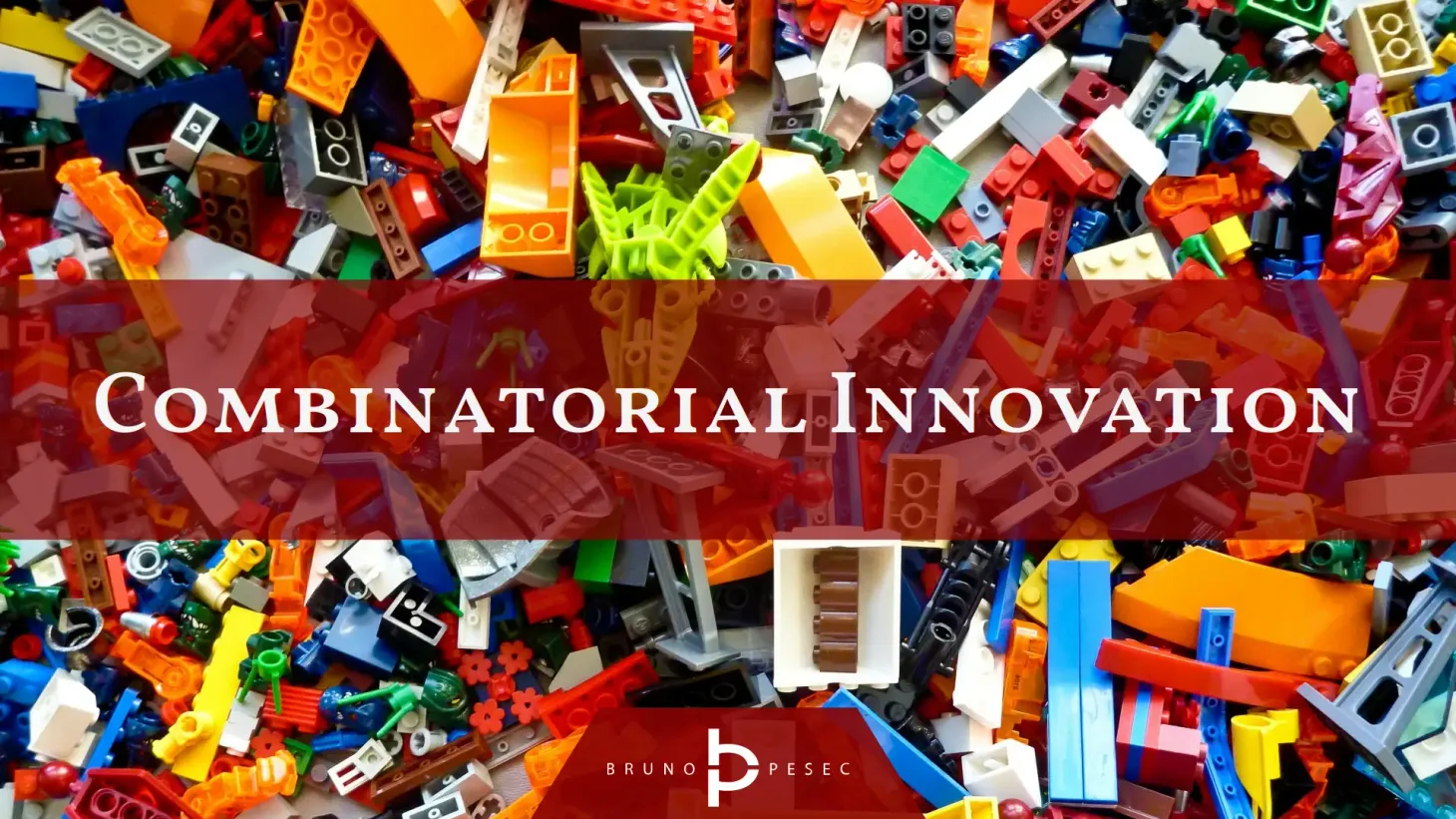Speaking is acting
The power of speech should not be ignored lightly.

I was helping a client update their strategy. We had a lively discussion, until I asked “Why is this objective here?” Total silence. Squinting eyes, as if they were wondering if I was asking a trick question.
Almost like a reflex, I thought “Oh right, they have no clue what are you talking about. Frame and illustrate!” Hence I explained the logic behind the question, followed by two relevant examples. The discussion immediately became lively again.
My response and adjustment were based on appreciating the four parts of speech (from the Action Inquiry book):
- Framing. It is rare that everybody shares the same understanding or view of the situation, hence it is useful to be explicit in such matters. Examples of that would be explaining the context of a present situation, being explicit regarding issues being faced, ambitions to be achieved and underlying assumptions and biases.
- Advocating. Explicitly stating a course of action, feelings, thoughts and preferences are all forms of advocacy. “We must enter new markets to grow” and “I don’t like that idea” are two examples of advocacy.
- Illustrating. Storytelling can be used to flesh out other parts of speech, providing further context and motivation. Building on a previous example might look like “We have been market leaders in our industry for a decade, and it seems like our profit margins have plateaued. We must enter new markets to grow”.
- Inquiring. Asking with genuine intent to learn about or clarify an issue. Leading questions, rhetorical questions and automatic social questions do not constitute inquiring. Raw inquiry can make others defensive, hence the need for proper framing and illustrating prior to inquiring.
It doesn't matter how brilliant our ideas and intentions are if we cannot communicate them effectively to others.
Bruno Unfiltered
Subscribe to get the latest posts delivered right to your inbox. No spam. Only Bruno.




